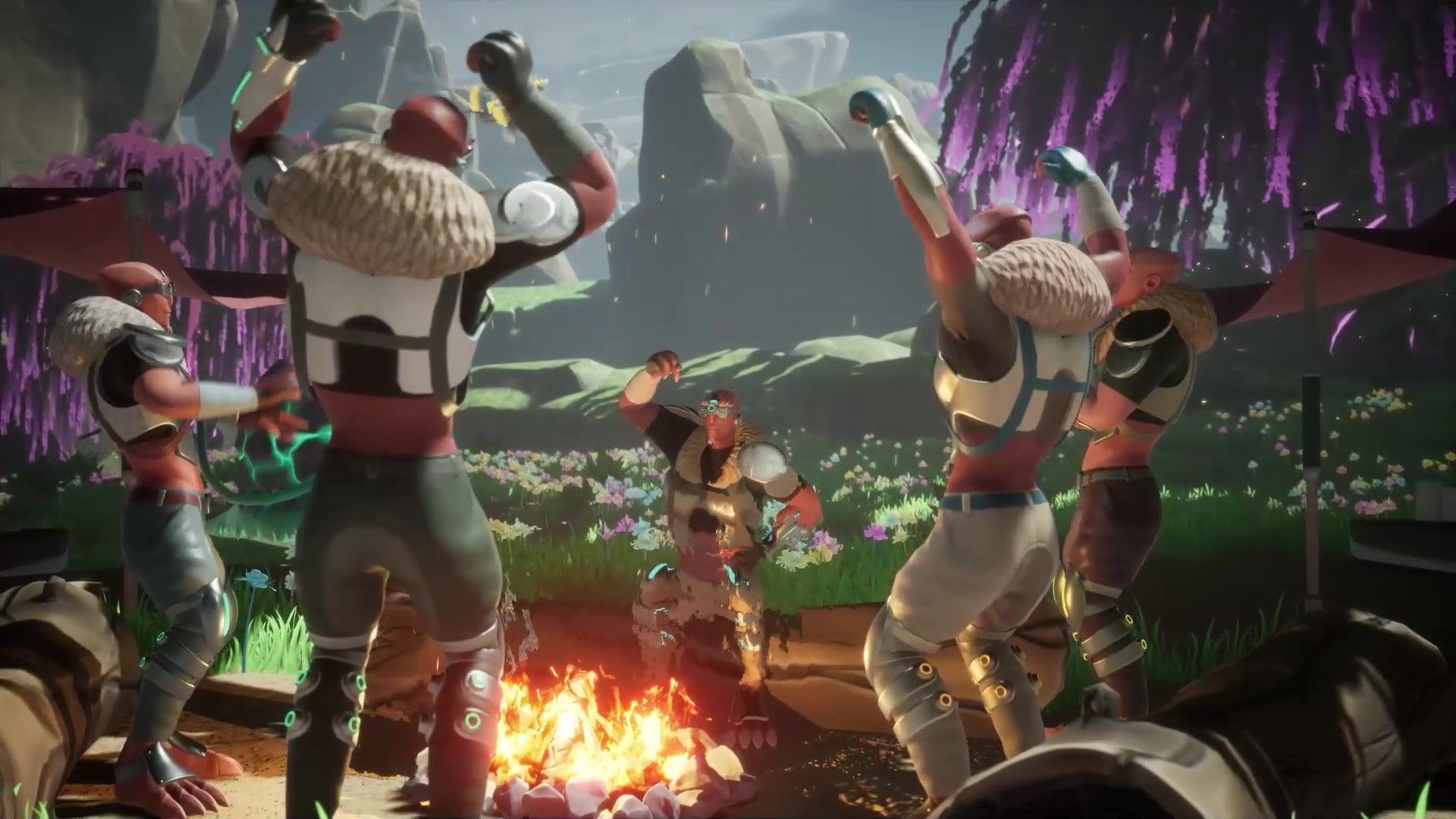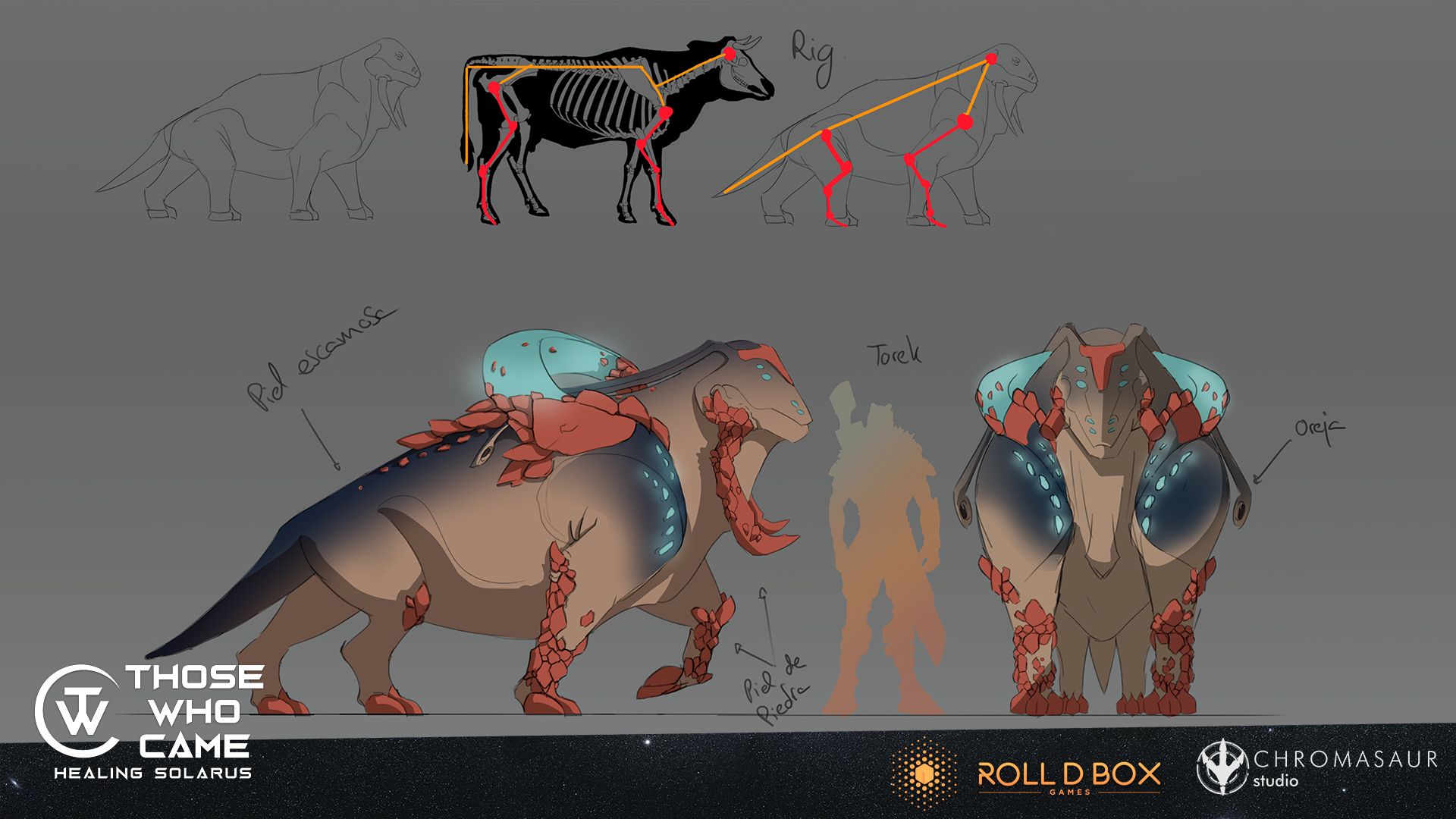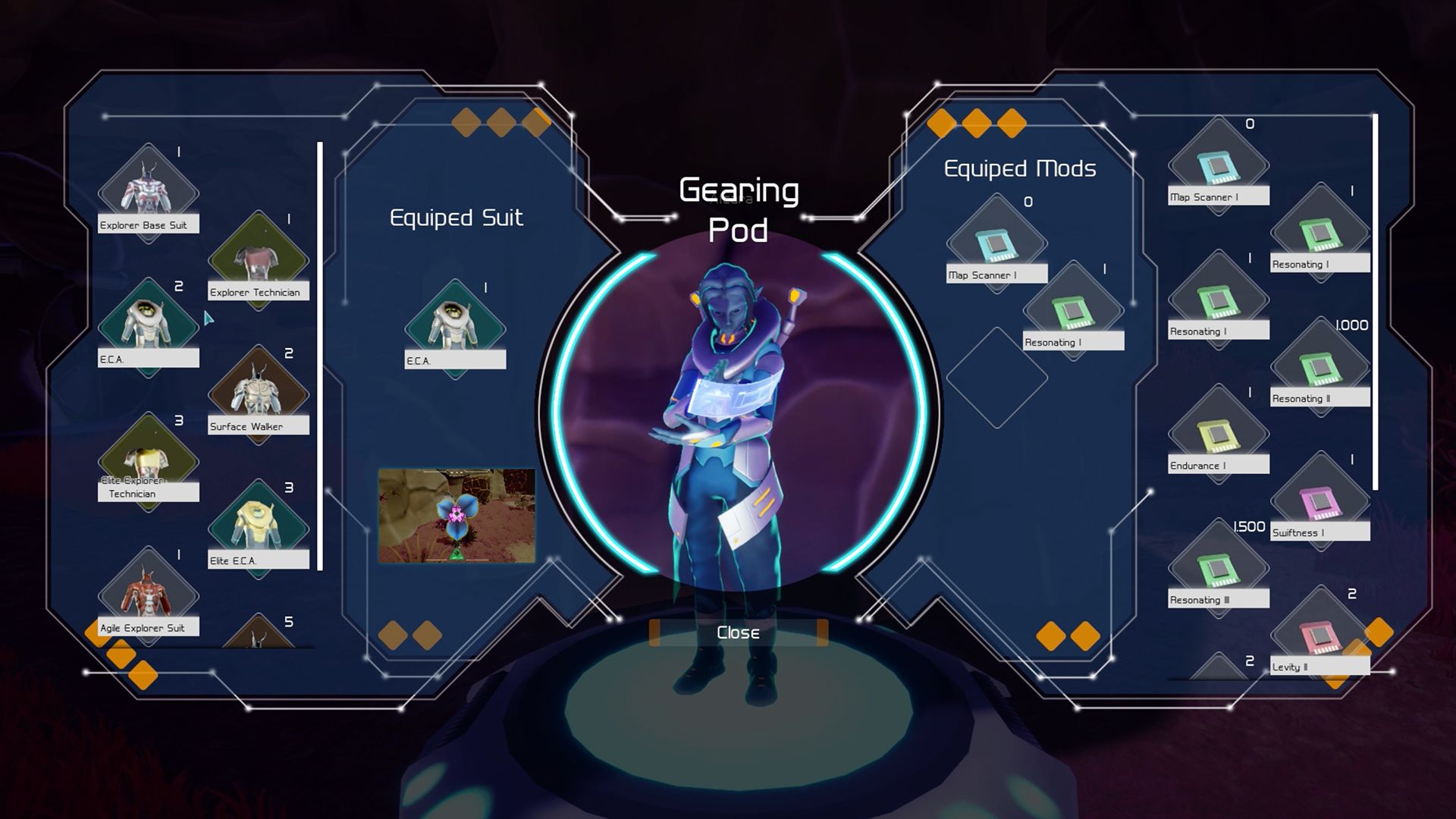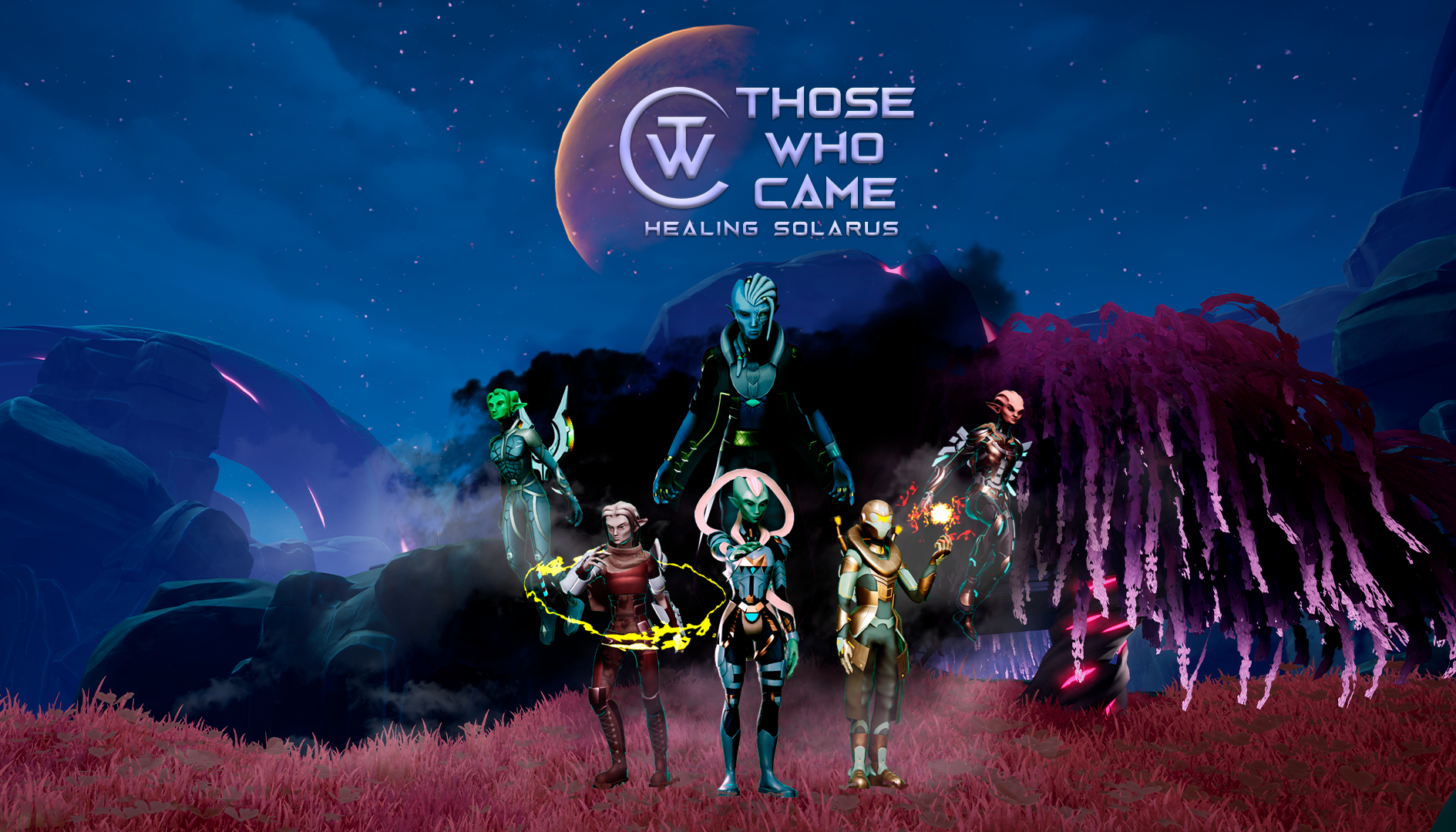Affogata is all about the player. We work with leading game studios to help them bring the voice of the player to the center of their organization. However, we also love indie game developers and the originality of each game. That’s why we started this series ‘The Indie Spotlight’, to give these creators a platform on which they could share their stories with you and showcase their amazing skills.
Meet ‘Those who came’, a sci-fi cooperative adventure where you will encounter challenges requiring lateral thinking, but most importantly, teamwork. You can choose your own style to move around with different energies, and by caring for the planet, you will be able to receive more advantages. We interviewed Ferran Pérez about the game, how they collect player feedback, and more, and here are his awesome insights.
We started the interview by asking Ferran to tell us a bit about what made him start a career in games and he answered the following:
“Since I was a kid, I’ve been involved with the videogame industry, from playing to
creating personalized custom maps in Sparta: the battle of Thermopylae. Creating worlds
and experiences to disconnect from our day-to-day lives is my passion! For me,
video games are both, a hobby, and a profession.”

We continue asking him to tell us a little bit about his creative process of coming up with a new game:
“We define the genre type we want to work in. From that point, it is about getting the
USP, do some exploration and prototypes and defining the general narrative. After
this step, we do focus groups to get real feedback and check the market perception.
Once we have all that in the spot, we can start the full development process.”
Once the game is “playable” who are the first people they use as beta testers?
“We do internal testing, that is the first step. Once the “playable” is polished enough,
we share it in near circles counting with universities and other playtesting entities. It
is important to ensure that the players who play a game on this stage, are people
who understand it, and can see through its limitations.”
After that, do they post a beta of the game on a bigger community/forum?
If so, where?
“This point completely depends on the testing purposes we have. We have been
working in the past with playtesting companies such as Antidote.gg and other entities
like universities, always using different gamers each time. Some playtesting
companies help us to reach international audience, which help us to test even
cultural approaches to the same game mechanic.
Only when we are at an advance stage of playtesting, we create closed betas, to let
the community feel the game. In previous stages, we do use the social media to
share features and get the feedback from them.”

We then asked Ferran how they gather and document the feedback:
“There is different feedback we like to keep. From game stats to non-verbal feedback
from players while playing. We use recordings and surveys to gather all the
information while using logs to track in-game stats.”
And how do they decide which feedback pieces to employ in their game development?
“In every piece of feedback, if truly given, there is a part of true and real issues. We
gather all the information and then we take the common insights to improve the
product. In overall, feedback matters, wherever it comes, and whoever it does.”
Does feedback from fellow gamers or fellow developers count more to them
then comments from others?
“Sometimes, the best feedback comes from people you wouldn’t expect. For us, is
a matter of how powerful feedback is. From there, we gather all the insights and
keep working on them. Usually, this will follow the rule of fellow developers, since they
might know more “what is behind”, but at the same time, sometimes a gamer or
someone out of the industry, appears with fresh points of views that help to find extra
feedback that usually would never come out.”

How do they approach conflicting feedback from different people they trust?
“In this aspect, I try to always act in the same way: read through the feedback, find
its purpose of it, and which one is the most adequate for the product we are talking
about. In case of being equally reasonable, it is about what direction to take, and
therefore, make the game lead for a certain path/gameplay.”
And lastly, we asked Ferran if he could improve the way they gather feedback, what would they do:
“At this moment, we would like to be able to reach a wider audience, be able to
incorporate a bigger QA team, not only for bugs but also for game feeling, to get the
community-engaged even in earlier stages of the game, to offer real relationship
between the game and the audience.
“For us, feedback is key, and we want to be able to get as much feedback, at the right
pace, to ensure we can test and check the different features and mechanics of the
the game we are working on.”
Subscribe to our blog to read more stories about amazing creators from passionate professionals.
